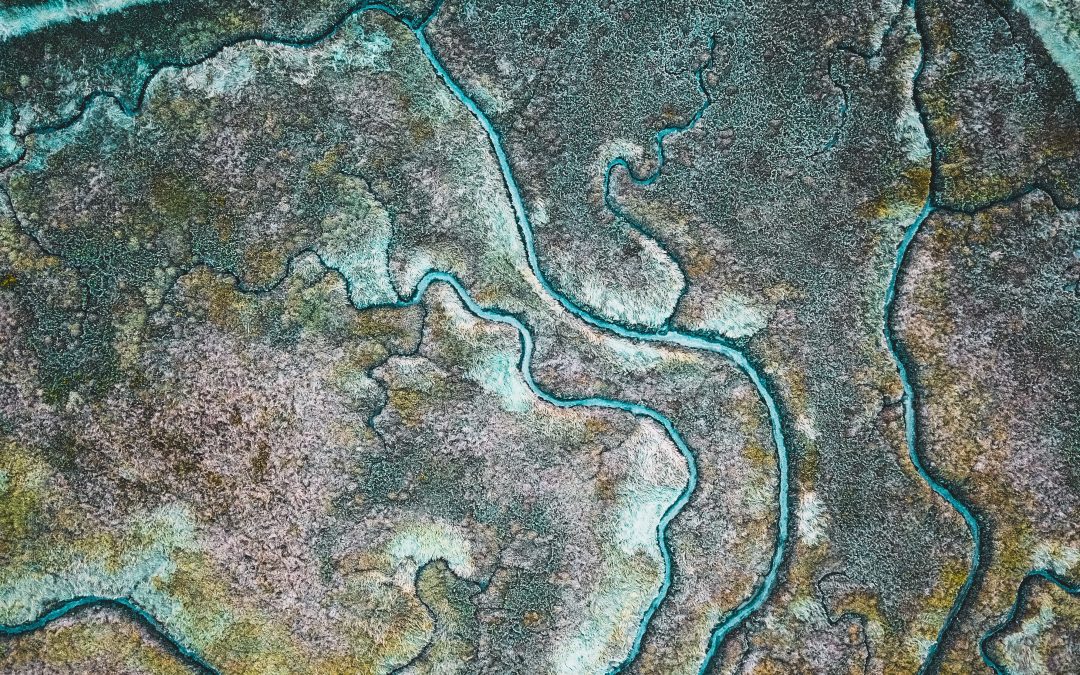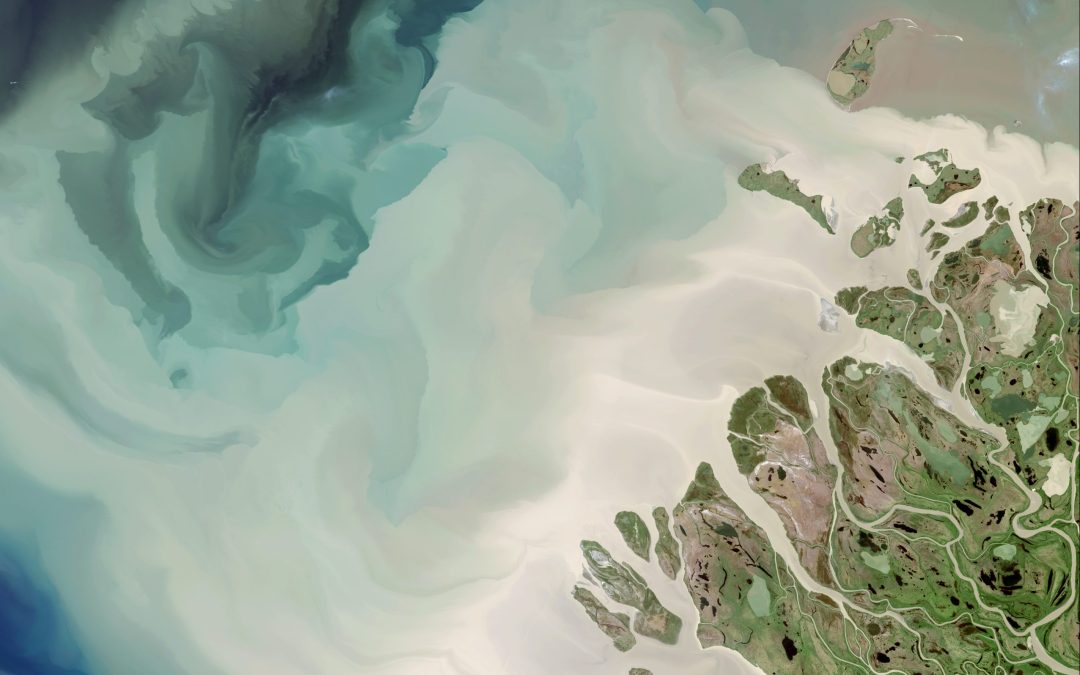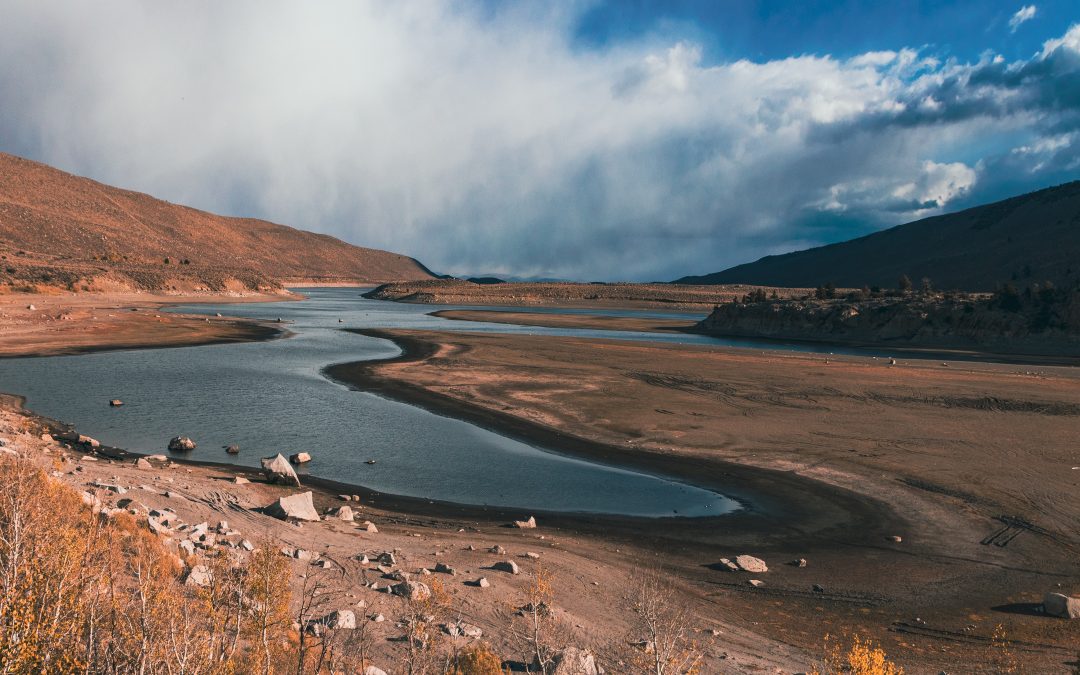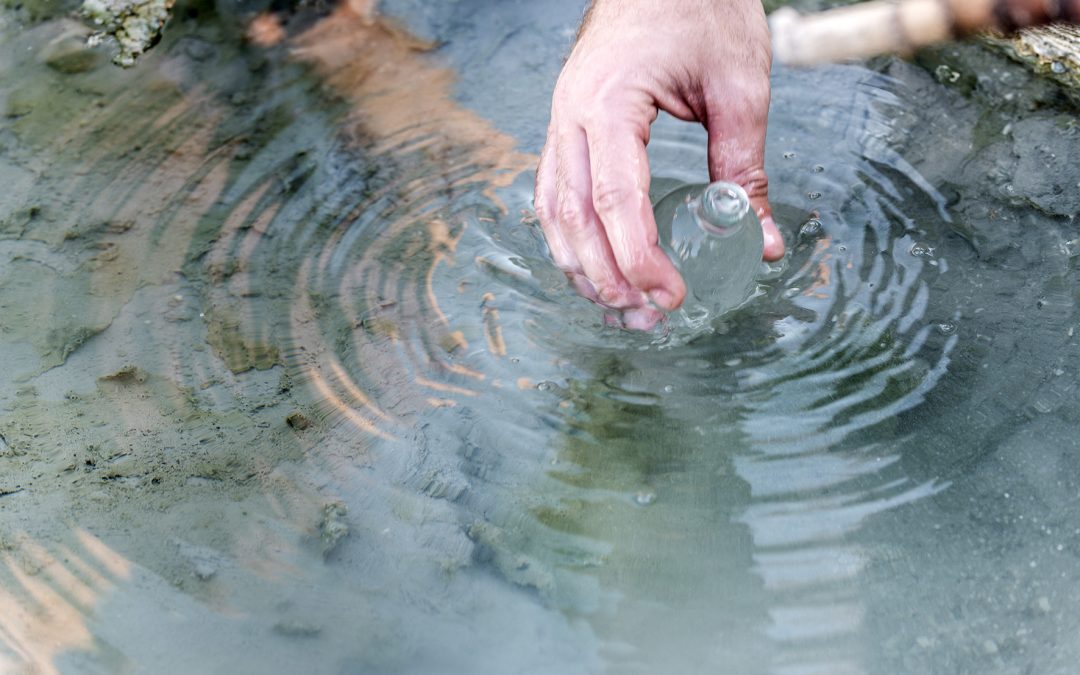
by Lillian Watson | Apr 6, 2023 | Events, Webinars
The Western States Water Council (WSWC) has completed the development of the first stage of the Western States Water Data Access and Analysis Tool (WestDAAT). WestDAAT will improve data visualization and streamline water data sharing for eighteen states in the western US. The new tool is the latest phase of the WSWC’s Water Data Exchange (WaDE) program, launched in 2011. WestDAAT encourages data sharing through a common system that improves access to and analysis of public water rights and water use data by providing this data in standardized, machine-readable formats. For the first time, WestDAAT provides access to information about surface water and groundwater prior-appropriation rights, serving approximately 2.5 million users.

by Lillian Watson | Feb 9, 2023 | Events, Webinars
DataStream Initiative is a Canadian charity dedicated to advancing freshwater protection through open data flows. Our core programming includes a free, online platform for sharing water quality data, which was first launched in 2016. It provides a place for monitoring programs of all kinds to publish their results publicly – in secure, open and accessible formats that support data (re)use. In this webinar, we will explore how DataStream is contributing to a growing open data system of systems and helping to advance collaborative water stewardship. We’ll take a tour through the platform and some of the twists and turns in our evolution and growth. Importantly, we’ll share the lessons learned along the way and key insights from our work in the open data space. We will finish off by discussing what is next for DataStream in the years ahead.

by Lillian Watson | Jan 5, 2023 | Events, Webinars
HydroShare is a trusted open-source data repository for the water community. In this webinar, users will learn the ins and outs and best practices of storing, sharing, collaborating on, and publishing data in HydroShare. We will also cover how to use CUAHSI’s free apps like CUAHSI JupyterHub and MATLAB online in conjunction with HydroShare.

by Lillian Watson | Nov 3, 2022 | Events, Webinars
The IoW Team at CGS will provide a detailed presentation and update for general audiences on the Internet of Water’s flagship technology, Geoconnex. When completed, this geospatial index will be capable of searching and retrieving any water metadata published in the United States, and ultimately North America and beyond. Geoconnex relies on a distributed linked data system. Such systems are foundational elements of modern internet search technology, allowing for the search and retrieval of millions of records in an instant. Such a linked data system does not yet exist for water data but has been an aspiration of the water data informatics community for some years, and the subject of significant research to date. This webinar will provide visualizations of Geoconnex (e.g., what does it do, how does it work), including visualizations of the current contents and anticipated growth in scope and scale of the index this year.

by Lillian Watson | Sep 19, 2022 | Events, Webinars
With the passage of the Disaster Recovery Reform Act in 2018, the Federal Emergency Management Agency launched a new program to provide a larger and more reliable funding stream for pre-disaster mitigation – the Building Resilient Infrastructure and Communities (“BRIC”) Program. In this webinar, Scott Baldwin, Senior Mitigation Manager in Hagerty Consulting’s Recovery Division, will discuss the structure of the BRIC program and how communities are beginning to use these funds to prepare for future natural disasters, including droughts.

by Lillian Watson | Sep 1, 2022 | Events, Webinars
The water quality movement needs pipelines for people to connect, and data to be shared. The Commons presents its advancements in connecting people through the WDC Mainstem Network and sharing data through the Water Reporter API.






